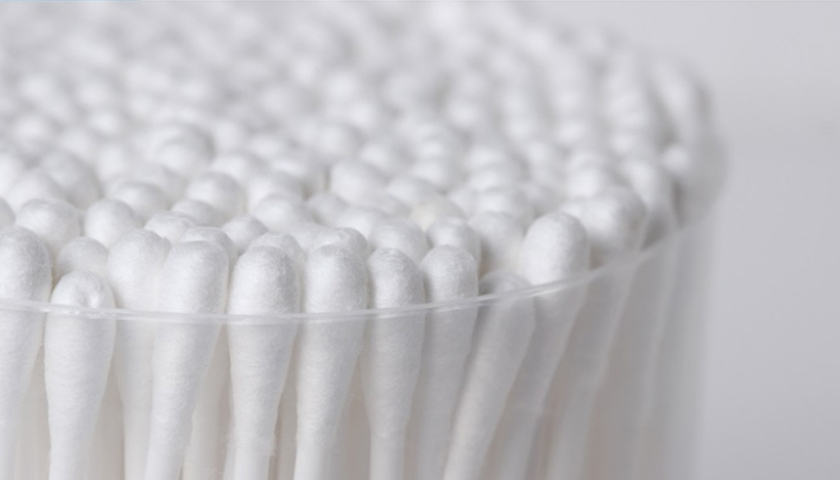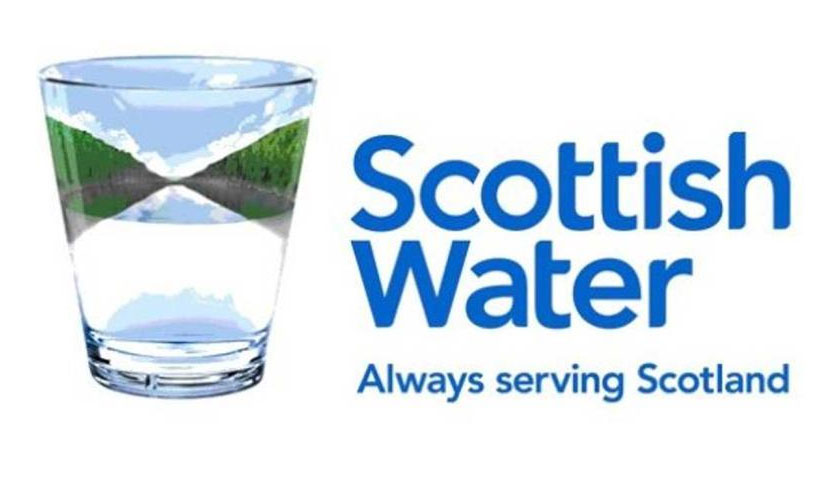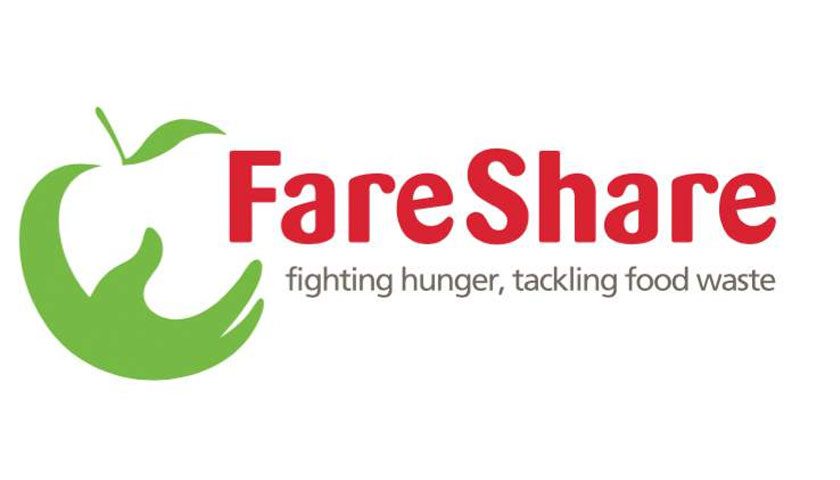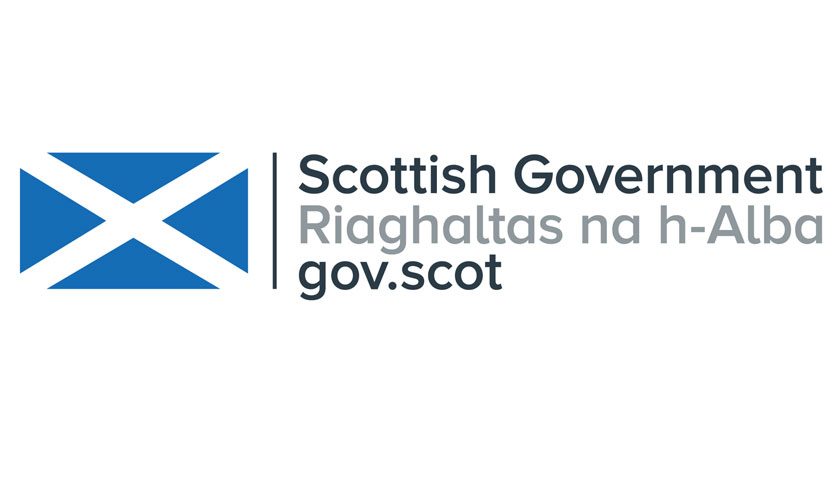Further to the ban on microbeads which came into force in the UK this week, Scotland look to take it a bit further with a proposal to ban the manufacture and sale of plastic cotton buds.
Plans to introduce legislation to ban the manufacture and sale of plastic stemmed cotton buds have been announced by Environment Secretary Roseanna Cunningham.
The proposals will be put to public consultation and would position Scotland as the first country in the UK to legislate against these environmentally damaging items.
Plastic cotton buds are consistently listed in the top ten forms of beach litter in surveys by the Marine Conservation Society and Scottish environmental charity Fidra has been working with industry to promote biodegradable alternatives.
Announcing the Scottish Government’s latest move to tackle the main sources of marine plastic pollution, Ms Cunningham said:
“Banning plastic cotton buds would be a clear sign of our ambition to address marine plastics and demonstrate further leadership on this issue. Despite various campaigns, people are continuing to flush litter down their toilets. This has to stop.
“Scotland’s sewerage infrastructure collects and treats some 945 million litres of wastewater each day. These systems are not designed to remove small plastic items such as plastic buds which can kill marine animals and birds that swallow them.
“These products are completely unnecessary as biodegradable alternatives are readily available. The need for action is clear and I would encourage everyone with an interest in safeguarding our natural environment to take part in the consultation when it opens.”
Alasdair Neilson project officer at Fidra which runs The Cotton Bud Project said: “This progressive step will be welcomed by everyone who has seen cotton buds polluting our beaches and harming our wildlife. A ban would support the responsible businesses that have already removed this single-use plastic item from their shelves. Let’s hope it also marks a bigger shift in the way we use and value plastics.”
Peter Farrer, Chief Operating Officer, Scottish Water, said: “By disposing of items appropriately, the public can play a significant part in helping to reduce the amount of debris which either ends up in our sewerage network and into rivers, coastal waters and beaches.
“Changing behaviours at home, or at work, by not flushing anything other than the 3Ps – pee, poo and paper – will ultimately have a positive impact on our wider environment.”
“After finding over 3500 plastic cotton bud sticks on beaches across Scotland during our Great British Beach Clean in 2017, that’s an average of 29 for every 100m surveyed, we’re delighted to hear Cabinet Secretary Roseanna Cunningham’s plans to ban the making and selling of them in Scotland,” said Catherine Gemmell, MCS Scotland Conservation Officer. “For things that are maybe used for just five minutes to clean out ears or put on eye make-up – they can cause huge impacts on our oceans for hundreds of years.”
Background
The Arcadis 2014 report to the European Commission found plastic cotton bud stems consistently contributed to five to 10% of marine debris surveyed in European seas.
The MCS Great British Beach Clean Report 2017 showed Scottish beach litter had increased 7% in the last year, with sewage related debris increasing by 40%.
Draft Scottish legislation to ban the manufacture and sale of rinse-off personal care products containing plastic microbeads is also being developed.
The Marine Litter Strategy (2014) sets out the approach to ensure litter entering the marine environment is minimised to bring ecological, economic and social benefits.
Actions to tackle marine plastics have been prioritised within the current Programme for Government including:
- A commitment to a deposit return scheme
- Establishing an expert panel to consider environmental levies on single-use items such as disposable coffee cups
- Hosting an international conference to discuss improving our marine environment and protecting our wildlife, focusing on marine plastics
- Committing £500, 000 to begin to address litter sinks around the coast and to develop policy to address marine plastics, which will involve working with community groups
Members of the public are encouraged to think before they flush and check out what is safe to go down the toilet.
Links
https://www.cottonbudproject.org.uk/



